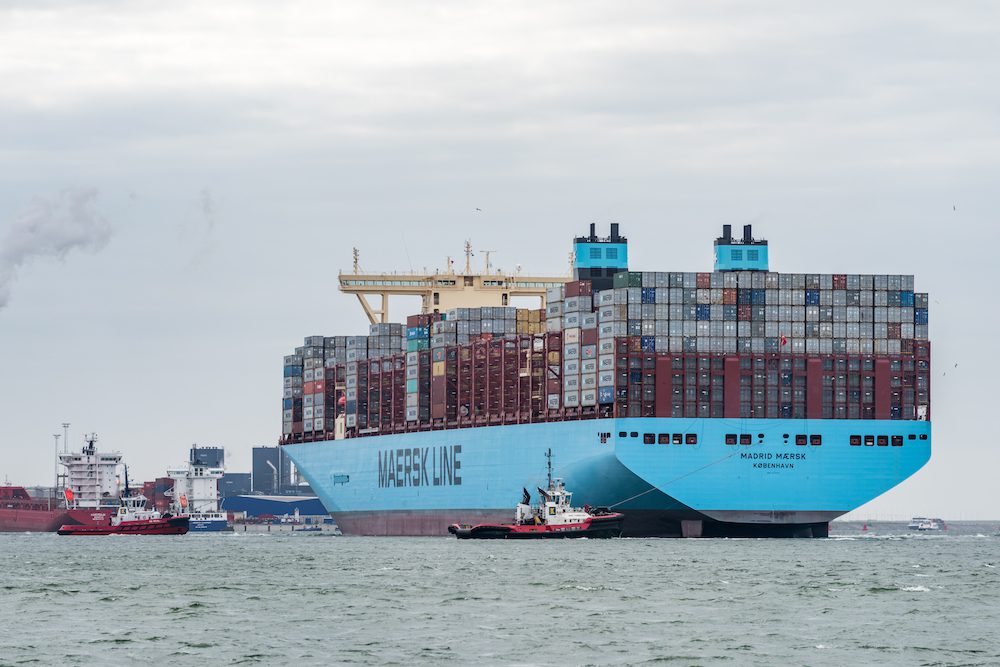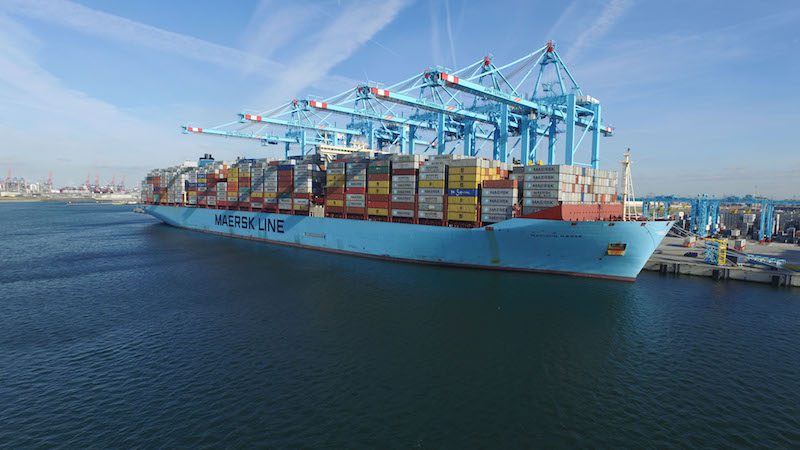Photo: Corine van Kapel / Shutterstock.com
 COPENHAGEN, Oct 3 (Reuters) – Insurer Tryg expects 90 percent of its corporate customers to buy cyber crime insurance within five years as the threat from hackers and viruses to crucial data and IT systems grows.
COPENHAGEN, Oct 3 (Reuters) – Insurer Tryg expects 90 percent of its corporate customers to buy cyber crime insurance within five years as the threat from hackers and viruses to crucial data and IT systems grows.
Tryg, Denmark’s biggest insurer, has sold 5,000 cyber crime insurance policies since the turn of the year when it launched a new product providing assistance in restoring data and getting systems up and running if a firm is hit by a cyber attack.
“There are no corporate clients today that don’t have insurance on their buildings or cars, but I think that within a very few years it will be just as evident that you should insure against cyber crime,” chief executive Morten Hubbe told Reuters on Wednesday.
The initial rise in demand for cyber insurance was prompted by the ransomware attack, named “Wannacry,” that infected more than 300,000 computers worldwide in May.
He estimated that around 50 percent of the firm’s corporate clients would buy such an insurance by 2020 and from that point it would only take “a couple of years” to reach 90 percent.
Tryg’s two business segments for small and medium size businesses and larger corporate customers accounts for 44 percent of the group’s total premium income.
“The biggest risk to us is that significantly more customers get hit than we believe and that it gives us a huge economic loss,” said Hubbe.
While the firm has good insight into how often a house burns down or a bicycle is stolen on average, the frequency and extent of cyber crimes is hard to predict.
Tryg will also offer extensions to the basic insurance that cover consequential losses, back-up of data and a so-called DNS box aimed at blocking web pages known to contain viruses and malware.
For the big industrial players, Tryg would look to cooperate with global reinsurers to spread the risk when big companies lose revenues in connection with cyber attacks.
The world’s biggest container shipping firm Maersk Line saw a $2-300 million bill from a June cyber attack that disrupted its operations for weeks. (Reporting by Stine Jacobsen; editing by Ken Ferris)
(c) Copyright Thomson Reuters 2017.
Editorial Standards · Corrections · About gCaptain
This article contains reporting from Reuters, published under license.

 Join The Club
Join The Club











